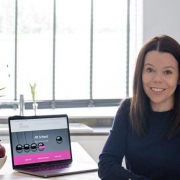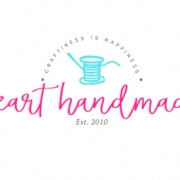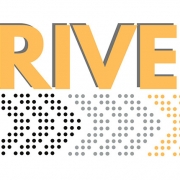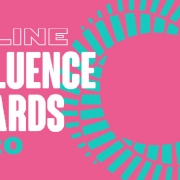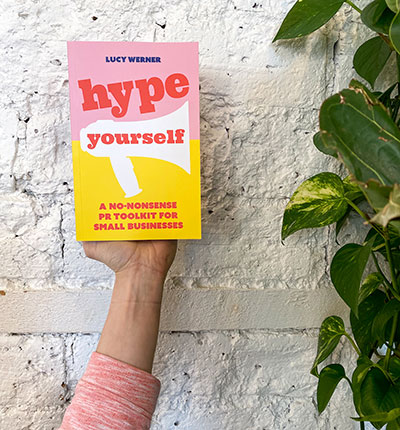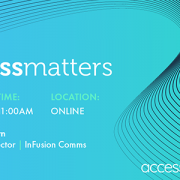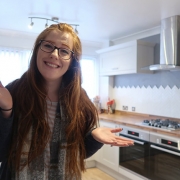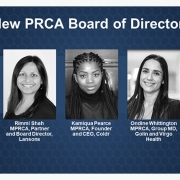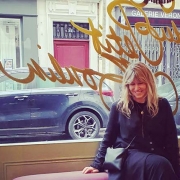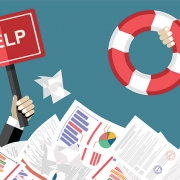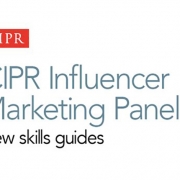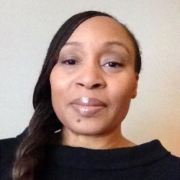This is a guest post from John Ashton, director of Write Arm.
If you’ve spent the last four months at home wondering what the future holds, it’s possible that you’ve thought about starting your own comms agency.
Then you probably thought, what’s the point? We’re heading into a major recession and comms budgets will be slashed, so new agencies will never get off the ground, right?
Wrong. In fact, there’s no better time to start your own agency. Why? Because if you do it the right way – more of which in a moment – you can successfully compete with some of the larger players and create a really attractive proposition for clients.
So, what is the right way? Here are my five essential tips.
1. Make it a kitchen table agency
The clue is in the name, although the truth is that kitchen table agencies can be run from back bedrooms, garden sheds and attics, as well as from kitchen tables. What they all have in common is a flexible working model based around remote-working freelancers rather than staff.
Kitchen table agencies have been proliferating for a few years now, but the COVID-19 crisis has supercharged the trend.
You may have noticed a lot of people are working from home at the moment. And you may also have noticed that 99% of organisations are cool with it. That includes your potential clients.
Don’t hide the fact that you have a kitchen table agency – make a virtue of it. It means you’re lean, flexible and price-competitive. What’s not for clients to like, especially in the age of reduced budgets.
2. Think about culture
It’s a fact – companies with strong, authentic cultures do best. Even if your agency starts life as a one-man band, you should give culture serious thought. Culture isn’t about having a beer fridge and a foosball table. It’s about having values and purpose and living those in everything you do. Your starting point should be your own needs, desires and values.
When I started my agency, Write Arm, I needed maximum flexibility as I had a young family. I also set great store by treating people fairly and in the quality of human relations. So, flexibility, fairness and friendliness were at the core of everything we said and did. It became a central part of our offer, rather than gratuitous waffle on our website. Clients loved it and so too did the freelancers who worked for us.
Don’t view culture as a nice-to-have optional extra. See it rather as the soil from which your agency grows. Believe me, it will make a huge difference.
3. Embrace your competitors
One of my mantras is ‘There’s no such thing is competition’. ‘Oh yes there is!’ I hear you say. But really, there isn’t, at least not for kitchen table agencies. When you scratch beneath the surface, no two agencies do exactly the same thing. And that opens up a lot of scope for co-operation.
Say you’re a tech industry specialist and one of your clients asks whether you have any expertise in financial services. If you have a good network of small agencies then you should be able to deliver someone suitable and make a margin on their work. And, of course, those agencies can hire you in when one of their clients requires your specialism.
Make the effort to grow your network. Talk to all the agencies you can find, even if you’re never likely to work together, because the more people you know, the more doors will open. A few years ago I had a coffee with the owner of a large web development agency, even though it was clear that he was never likely to hire my agency. We got on well and at the end of the meeting he offered to introduce me to a few marketing agencies that he knew. He was as good as his word and within a couple of weeks, one of them had become a regular client. To date, that cappuccino has been worth over £75,000.
4. Get over your fear
If you work in the comms industry, the chances are you’re not very business-savvy. After all, the industry is mainly populated by creative people, who are full of bright ideas, but tend not to be great with spreadsheets and admin.
That was me when I started my agency eight years ago. I wasn’t only clueless about how to run a business, I was also cashless and clientless. Had I listened to my fears, the company would never have got off the ground. Instead I just took the plunge and, what do you know, it worked out. Within a few years the agency was turning over half a million a year.
Believe me, I’m no genius and neither am I an ultra-ambitious succeed-at-all-costs type. In fact, I’m naturally cautious. There’s no real secret to my success. I simply learned on the job. I’m still not great with numbers, admin and numerous other aspects of running a business, but I know enough to get by.
So, if you think you don’t have what it takes to start an agency, I simply say this: ‘If this idiot can do it, then so can you’.
5. Join The KitchenTable Community
Blatant plug alert. If you’d like to explore starting your own comms agency, then I have a suggestion to make: join The KitchenTable Community. It’s a peer-to-peer support group and marketplace that I recently launched for small creative agencies. It’s based on my firm belief in the power of the network and the hive mind.
You get loads of content that will help you to build a successful agency a lot quicker than I did, including a book, a course and document templates. It’s currently free for six months and there’s no obligation to stick around once the very modest monthly charges kick in.
Now get to work on starting that agency!
Find out more about The Kitchen Table Community on the website.






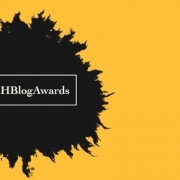

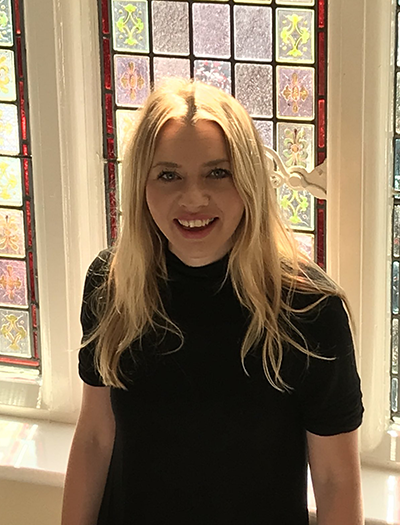 This is a guest post from Charlotte King, fellowships and communications coordinator at the
This is a guest post from Charlotte King, fellowships and communications coordinator at the 
